
Collaboration with stakeholders key to protect labor rights, say experts
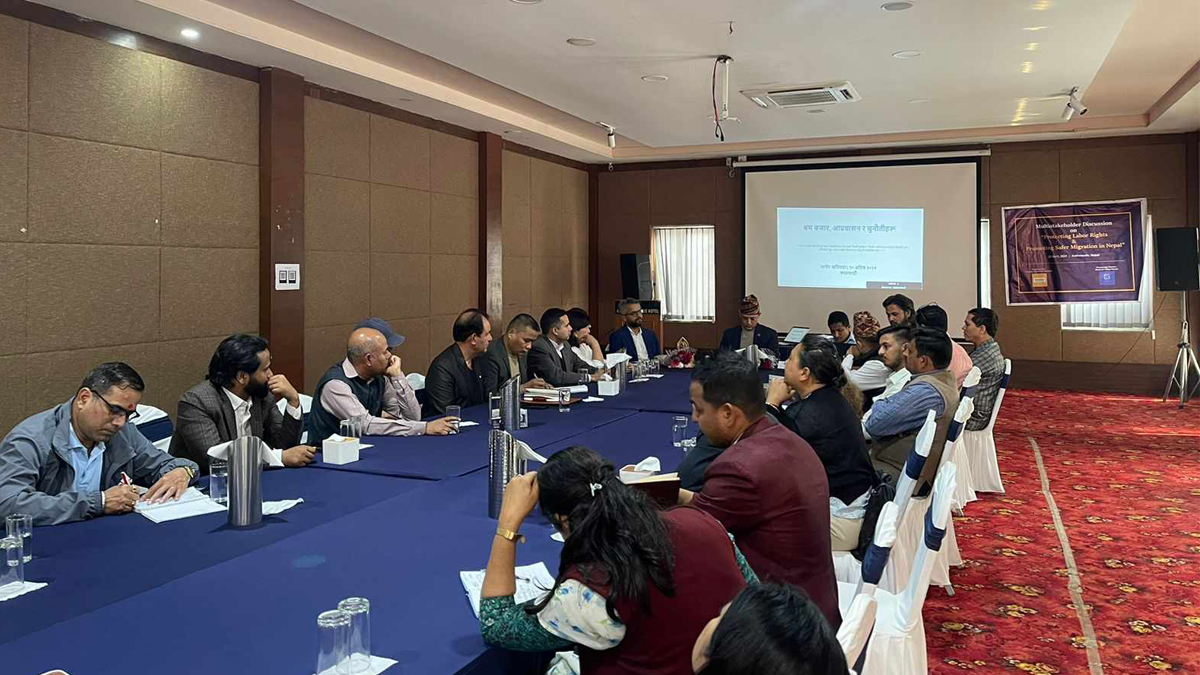
Minister for Labor, Employment and Social Security Dol Prasad Aryal said the ministry is all set to collaborate with stakeholders to protect labor rights and promote safer migration in the country.
Speaking during a multi-stakeholder interaction on “Protecting Labor Rights and Promoting Safer Migration in Nepal” organized by Democracy Media Network, minister Aryal assured the ministry is open to adopting feedback from the concerned stakeholders to promote safer migration.
I appeal to all national as well as international organizations to provide constructive and forward-looking feedback to address the problems and hurdles surrounding migration and labor issues, he said.
“In the long run, we need to create more employment opportunities to ensure that decent jobs are created,” he said, adding that the government is working to take the private sector in confidence to create more jobs.
He further said the ministry is committed to take measures to ensure that aspirant migrant workers do not get exploited in the process of labor migration and their fundamental rights are not compromised.
The government has realized that skills and quality of aspirant migrant workers should be enhanced to make them competitive in the international market, he said. The ministry is preparing to provide quality training to aspirant labor migrants at the Vocational and Skill Development Training Centre.
Suraj Lamichhane, member of Bagmati Provincial Assembly, said the provincial government also has a role to safeguard labor rights and ensure safer migration. He also invited stakeholders concerned to provide feedback on how the provincial parliament and the government play their role for the benefit of aspirant migrant workers.
In the program, Dr Sameer Khatiwada, Senior Public Management Economist at Asian Development Bank (ADB), said that employment to population ratio and labor force participation rate in Nepal is significantly low compared to other South Asian and Asian countries. The entire government system should work to improve the situation, he said.
He also suggested the government take some immediate measures to control the unsafe migration problem. The government should keep an eye on the working process and accountability of agents such as local agents, private recruitment agencies, family and relatives, friends and local money lenders to ensure that frauds are effectively controlled and aspirant migrant workers are not exploited in between the process.
In the program, Dr. Gopal Krishna Siwakoti, president of International Institute for Human Rights, Environment and Development (INHURED International) suggested the government initiate the process of signing the Convention on the Transfer of Sentenced Persons. The country can bring back hundreds of Nepalis who are serving jail terms in foreign countries if the convention is ratified.
Rameshwar Nepal, Executive Director of Equidem Research Nepal, suggested the government to reform the laws according to human rights based approach. “The current policies are guided by the administrative approach,” he said. “The prevailing laws also fail to recognize the human trafficking incidents in the process of labor migration. This has resulted in insignificant punishment to the people involved in human trafficking masquerading migration agents.”
He also pointed out the problem of weak labor diplomacy of Nepal, weak implementation of existing laws and labor friendly policies including free visa, free ticket provisions, and confusion regarding role of recruiting agents.
Bijaya Rai Shrestha, executive director at Aaprabasi Mahila Kamdar Samuha (AMKAS) suggested the ministry to end “gendered” approach while deciding on labor permission. “The consecutive governments have failed to recognize women’s right to decide freely when it comes to the issue of deciding labor destinations,” she said, adding that the government should focus on empowering women to compete in the labor market instead of blocking opportunities.


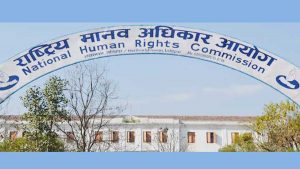
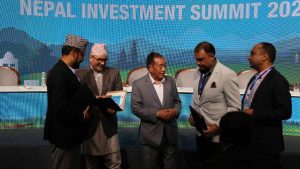
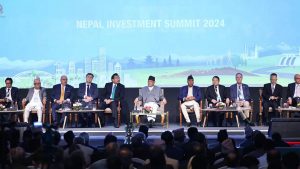

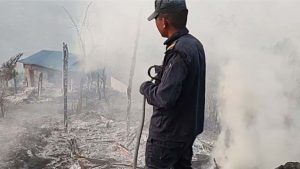







Comments